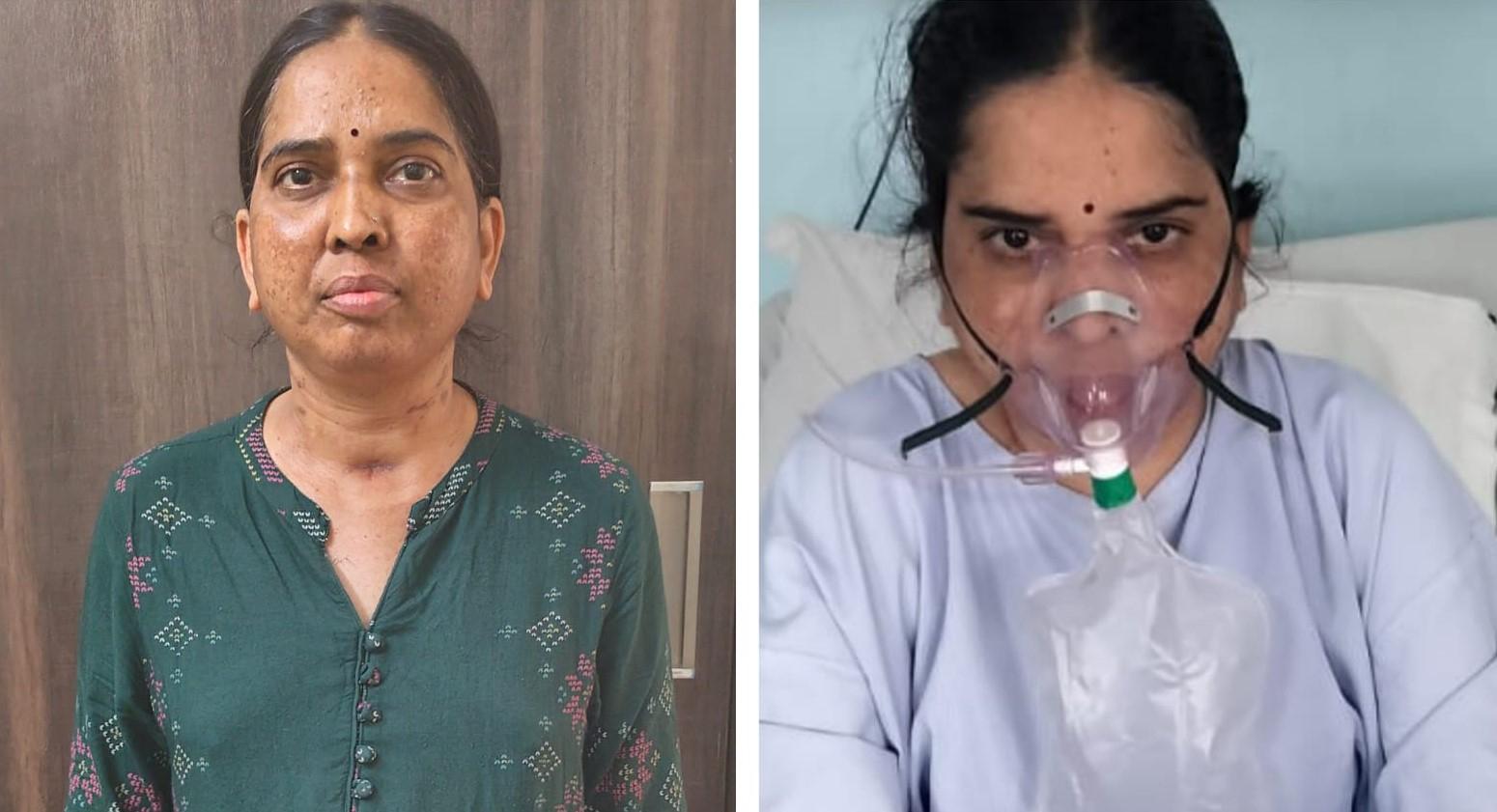Signs and Symptoms:
Diabetes manifests through various signs, including increased thirst, frequent urination, unexplained weight loss, fatigue, and blurred vision. These symptoms often develop gradually, necessitating awareness and early intervention.
Causes:
The two primary types of diabetes, Type 1 and Type 2, have distinct causes. Type 1 is an autoimmune condition where the body attacks insulin-producing cells, requiring lifelong insulin therapy. Type 2, associated with lifestyle factors, involves insulin resistance or insufficient insulin production, often manageable with lifestyle changes, medications, and, in some cases, insulin.
Treatment:
Managing diabetes revolves around maintaining blood sugar levels within a healthy range. Lifestyle modifications play a pivotal role, including a balanced diet, regular exercise, and weight management. Continuous monitoring of blood sugar levels is essential for effective management.
Medication:
For Type 1 diabetes, insulin therapy is a primary form of medication. Type 2 diabetes may involve oral medications, injectable medications, or a combination of both to enhance insulin sensitivity, stimulate insulin production, or slow down glucose absorption. Medication adherence is crucial for achieving and sustaining optimal blood sugar control.
Understanding the signs and symptoms, addressing underlying causes, and adhering to prescribed treatments are integral aspects of effectively managing diabetes and preventing complications associated with prolonged elevated blood sugar levels.
Diabetes is a chronic medical condition characterized by elevated levels of blood sugar or glucose, either due to insufficient insulin production by the pancreas or the body's inability to effectively use the insulin produced. There are two main types of diabetes: Type 1, which is often diagnosed in childhood and requires insulin therapy, and Type 2, typically associated with lifestyle factors and managed through medication, diet, and exercise. Common symptoms include increased thirst, frequent urination, and unexplained weight loss. Diabetes requires ongoing management to prevent complications such as cardiovascular diseases, kidney problems, and nerve damage. Lifestyle modifications, regular monitoring of blood sugar levels, and adherence to prescribed medications are crucial components of diabetes care.



























